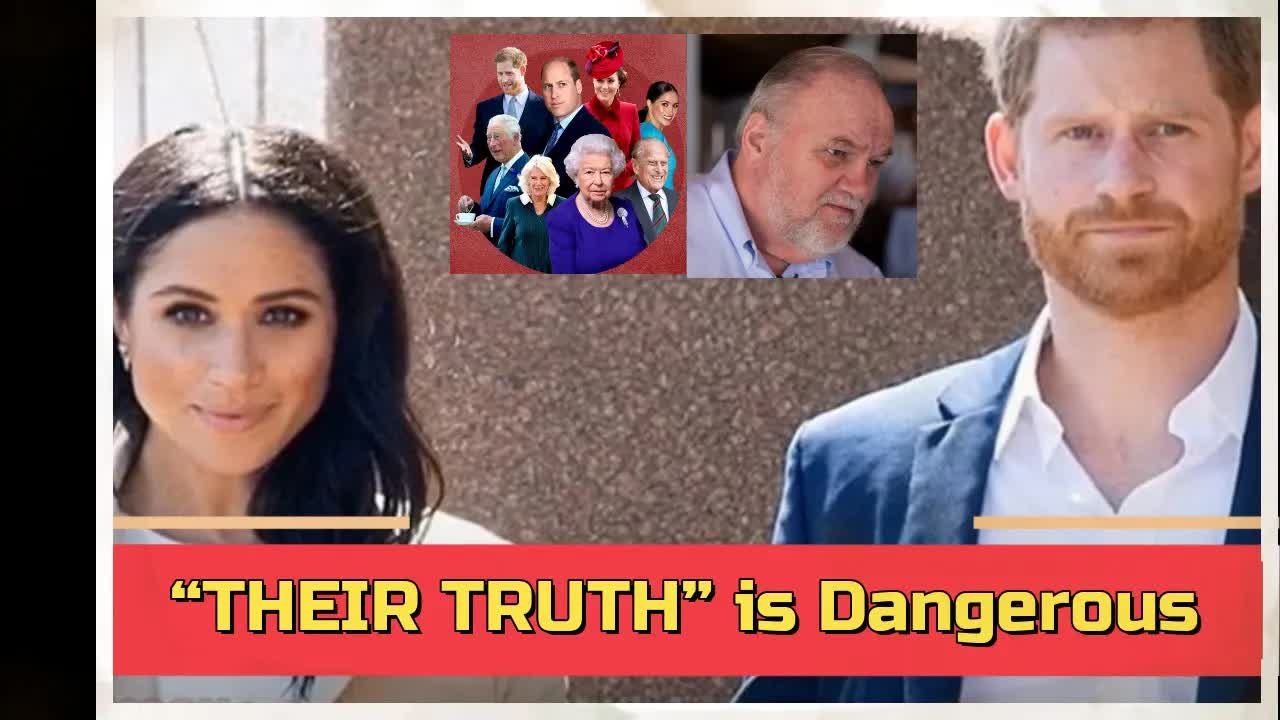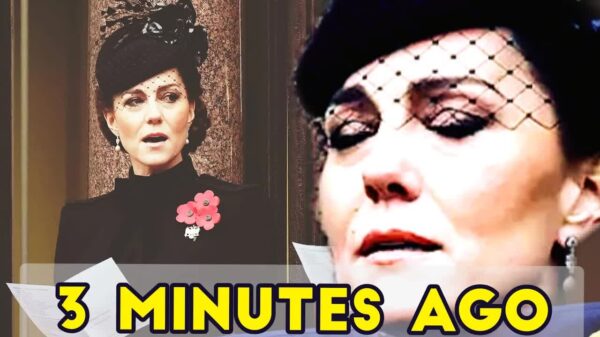In recent discussions surrounding the much-debated Oprah special featuring Prince Harry and Meghan Markle, a significant question arises: what is the real impact of sharing one’s truth?
The couple has been vocal about their experiences, but as many observers note, the ramifications of their narratives extend beyond their personal lives, affecting the broader institutions and individuals involved.
The idea of “truth” has been a central theme in this dialogue.
It’s often said that everyone has their own truth, but is that really the case?
The reality is that there exists only one universal truth, and when people assert their personal interpretations, it can lead to confusion and conflict.
This becomes particularly problematic when public figures like Harry and Meghan use their platform to promote narratives that may not align with factual events, raising concerns about the potential harm caused to others.
Critics argue that providing a platform for such personal truths can be dangerous.
For instance, hate groups like the KKK also have their version of the truth, which promotes division and violence.
Should society grant them a stage to voice harmful ideologies?
The same scrutiny applies to Harry and Meghan, whose revelations about the royal family have stirred controversy and distress among their relatives and the institution itself.
Interestingly, some media commentators have suggested that Harry and Meghan genuinely wish to help others.
However, this assertion deserves a second look.
If their intentions were truly altruistic, would they engage in actions that appear self-serving?
Before stepping away from royal duties, the couple was already making deals with major platforms like Netflix and Spotify, indicating a premeditated agenda that raises eyebrows about their motivations.
Moreover, the narrative that Harry and Meghan are merely sharing their truth to foster understanding seems disingenuous.
Their statements have undeniably sparked turmoil, not just within the royal family but also within the public discourse.
If their goal was to help, one might expect a more considerate approach that does not exacerbate existing familial tensions or undermine an institution that has historically supported them.
Oprah Winfrey‘s assertion that “privacy doesn’t mean silence” adds another layer to this conversation.
While it’s true that individuals have the right to express themselves, one must consider the consequences of those expressions.
If speaking out causes harm to others—especially family members—shouldn’t there be a moment of reflection before taking the mic?
Harry’s comparison of his experience to his mother, Princess Diana‘s, also raises eyebrows.
He suggests that both he and his mother faced similar challenges due to their relationships with women of color.
However, critics argue that this analogy oversimplifies complex issues and ignores the unique circumstances surrounding each individual.
Furthermore, inconsistencies in their stories draw skepticism.
For example, Harry claimed that his son’s first words were “grandma Diana,” yet earlier, he had referred to “crocodile” as the child’s first utterance.
Such contradictions beg the question: how much of what they present is genuine, and how much is crafted for public consumption?
As the narrative unfolds, the royal family’s public image appears to be shifting.
With Harry and Meghan facing backlash, figures like Kate Middleton are gaining admiration for their commitment to charitable work and genuine concern for the community.
This contrast highlights the difference between authentic service and self-promotional storytelling.
In this landscape of competing narratives, it’s essential to scrutinize the motivations behind public statements.
Are they aimed at fostering understanding, or are they simply tools for brand-building?
As audiences, we must remain vigilant and question the integrity of the stories being told.
The ongoing saga of Harry and Meghan serves as a reminder of the power of narrative in shaping public perception.
It challenges us to think critically about who gets to tell their truth and the potential consequences of those truths on a wider scale.
In the end, the quest for authenticity in storytelling is more crucial than ever, especially when the stakes involve real lives and longstanding institutions.










